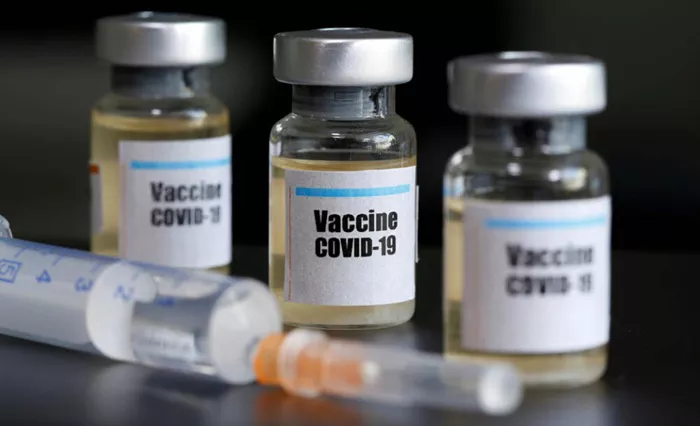CHICAGO — Health Secretary Robert F. Kennedy Jr.’s recent announcement to roll back COVID-19 vaccine recommendations for healthy children and pregnant women has sparked confusion among doctors and insurers.
In a video posted online last week, Kennedy — a known vaccine skeptic — said the federal government would no longer recommend COVID-19 shots for these groups. The Centers for Disease Control and Prevention (CDC) later updated its vaccine schedule to reflect that the shots may be given to healthy children after consultation with a doctor but removed its prior recommendation for pregnant women.
The changes bypassed the typical approval process involving the CDC’s Advisory Committee on Immunization Practices (ACIP), which publicly reviews data and votes on vaccine guidelines. Those recommendations help shape insurance coverage under the Affordable Care Act.
“The surprise announcement has created uncertainty for payers and providers about whether the video posting constitutes an official policy change,” said Sarah Moselle of health consultancy Avalere.
Insurers are expected to wait until after ACIP’s next meeting, scheduled for June 25–27, before making coverage decisions, according to Robert Popovian, founder of Conquest Advisors. Under the Affordable Care Act, insurers generally cover vaccines approved by ACIP.
A spokesperson for the Department of Health and Human Services (HHS) defended the move, calling it a shift toward clinical decision-making and said ACIP’s work remains central to the process.
Still, the abrupt announcement has unsettled health professionals.
“This whole thing is so murky,” said an ACIP member who spoke anonymously. “It’s very unclear whose decision is final.”
Dr. Tina Tan, president of the Infectious Diseases Society of America, warned that the conflicting guidance could confuse doctors and the public. Dr. Matthew Zahn, a public health official in California and CDC panel liaison, said clarity is urgently needed, especially regarding insurance coverage if vaccines are only recommended for high-risk groups.
Adding to the turmoil, Dr. Lakshmi Panagiotakopoulos — a CDC official involved in vaccine guidance — recently resigned, saying she could no longer support the most vulnerable in her role.
The American College of Obstetricians and Gynecologists also voiced concern, stating on May 27 that removing the vaccine recommendation for pregnant women could make it harder for them to access the shot, despite strong evidence of its benefits.
An HHS source said ACIP is expected to vote on COVID-19 vaccine use for the upcoming fall and winter, with discussions leaning toward narrower recommendations. However, the agenda has not been finalized, and it remains unclear whether Kennedy would accept any recommendations that differ from his own stance.
Related topics:


